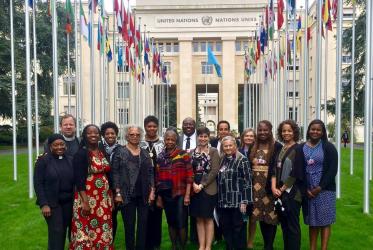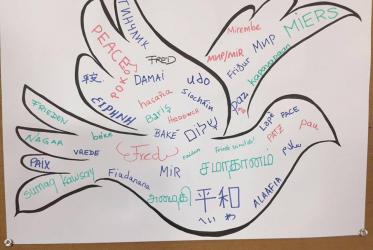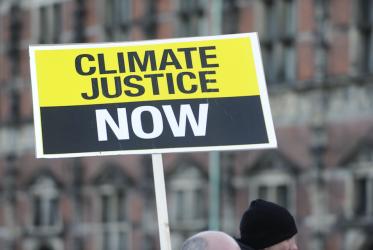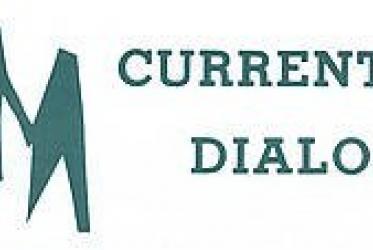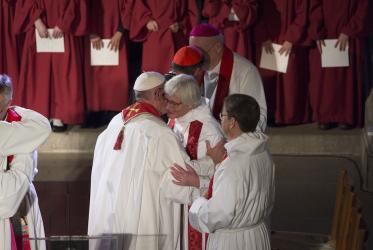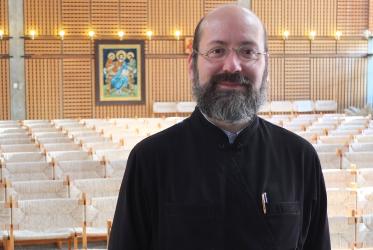Displaying 121 - 140 of 327
09 November 2017
“The work of truth-telling has to happen”
28 September 2017
A voice for peace from Down Under
10 July 2017
WCC participates in UN panel discussion on climate ethics
15 February 2017
Jewish-Christian relations highlighted in latest Current Dialogue
29 November 2016
WCC Executive Committee commends Reformation dialogue
28 November 2016
Reformation commemoration "day of great joy,” says WCC leader
03 November 2016
Archbishop Job of Telmessos: Church unity is still our dream
31 October 2016
New videos help congregations hasten HIV response
20 October 2016
Calls grow for nuclear weapons ban
13 October 2016
WCC welcomes Grand Imam of Al-Azhar
01 October 2016
Hielke Wolters: Apostle of mission strategies
01 August 2016
A fresh agenda for ecumenism in Asia
20 July 2016

